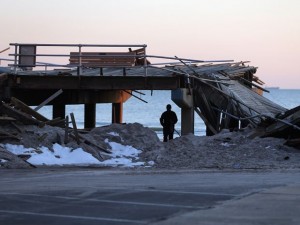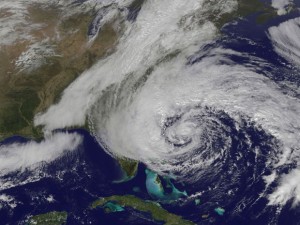Shachi Kurl’s Blog Post about the effects on the rising workers compensation rates features what is estimated at 65% of British Columbia companies that are going to see their rates that they have to pay WorkSafeBC rise, for the first time in nine years. The author states that the reason that the rates have been kept so artificially low over the years is due to good investment income. There has been controversy over whether or not the 4.3 million paid to WorkSafeBC’s employees in bonuses couldn’t have been used to offset rates.
However, rates were always bound to rise eventually, due to the law of inflation. Though the rates may seem high now, its likely in 10 years they wont seem unreasonable at all. Its always shocking when prices are raised, but once companies have adjusted, it is likely this controversy over rate rises will be forgotten.
Link to official post here.
Tags: No Comments.









